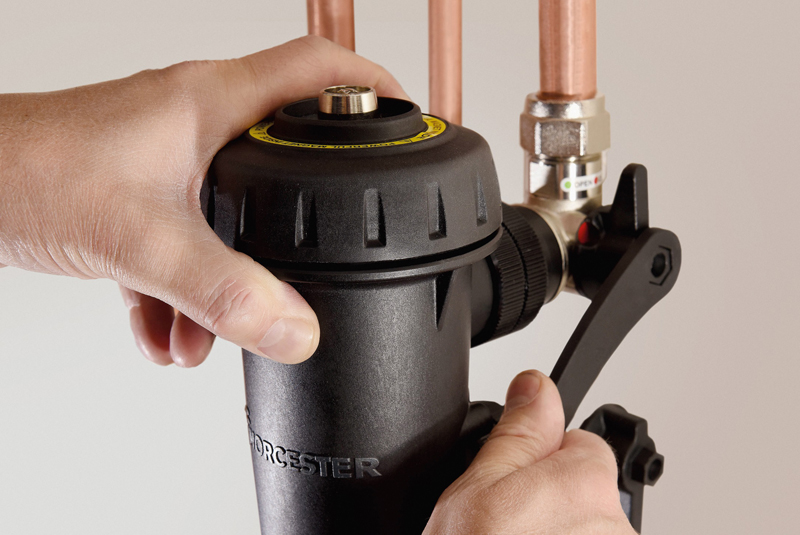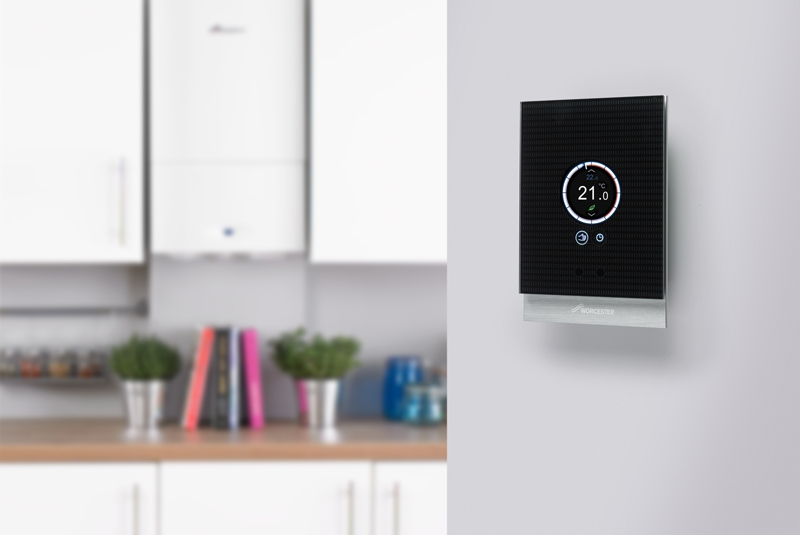
The Government’s Heat in Buildings consultation featured a range of proposals to drive down emissions from domestic heating systems. Martyn Bridges comments on the proposals, and suggests how merchants might best help their customers adapt to the changes.
With the Department for Business, Energy and Industrial Strategy (BEIS) still looking for ways to further reduce our energy consumption, a new proposal, Heat in Buildings, has been developed as a step towards helping to meet the energy targets set out for the country.
Following a number of workshops wherein boiler manufacturers, trade associations and heating engineers were consulted, BEIS looks like it is reaching the conclusion that by tightening up, or perhaps enforcing, some of the current regulations surrounding boiler installations, it could make significant incremental gains in the efficiency of the heating systems that go into the country’s homes.
Whilst the finalised document is yet to be seen, the initial draft completed its public consultation period earlier this year, and it’s fair to say that the early soundbites are encouraging.
What will it involve?
Principally, the Heat in Buildings document suggests an increase in boiler efficiency levels, putting forward that the minimum required efficiency of a boiler run on natural gas should be raised to 92%, whilst those run on oil will need to be at least 89% efficient.
Installing an A-rated appliance offers a potentially huge uplift compared to less efficient appliances, and it is certainly a step in the right direction for BEIS to recognise that gas boilers remain the most efficient and cost effective way to heat the vast majority of UK homes.
“We know that for many of our engineers, the merchant is one of the main points of contacts when it comes to selecting products, so taking note of this new legislation will enable merchants to be able to recommend the most suitable solution.”
The second part of the policy will work to ensure that the installation of certain accessories — some of which are already included within the Building Regulations — as a minimum standard, actually takes place. As well as helping installers upsell products, this enforcement can only be seen as a benefit in improving efficiency, especially as the addition of the right accessories could see every gas fired heating system installed achieve an A+ rating under the ErP directive.
Specifically, this will re-enforce the need to install a room thermostat alongside a timer or programmer for every heating system. Then, one of four supplementary technologies must also be included within the system: these are presently proposed as either a flue gas heat recovery unit (FGHRU), a weather sensor, a load sensor or a smart control.
The benefits
Each of these additional measures is designed to encourage even better performance out of an already much improved appliance, ultimately contributing to the end-goal of lower energy consumption.
 By equipping homeowners with better heating controls, this will help to make sure their appliance only fires when it is needed, making them a quick and easy way to improve the system’s efficiency. As an example, installing a TPI (Time Proportional & Integral) control will help a heating system to perform more efficiently, as the device will turn the boiler off at a point where there is enough residual heat within the property to raise the temperature of the air to the required level — though unfortunately TPI thermostats appear to have been overlooked so far in this proposal.
By equipping homeowners with better heating controls, this will help to make sure their appliance only fires when it is needed, making them a quick and easy way to improve the system’s efficiency. As an example, installing a TPI (Time Proportional & Integral) control will help a heating system to perform more efficiently, as the device will turn the boiler off at a point where there is enough residual heat within the property to raise the temperature of the air to the required level — though unfortunately TPI thermostats appear to have been overlooked so far in this proposal.
Additionally, for installers with tech savvy customers, some smart controls are also able to observe and take user habits into account to act accordingly for even greater comfort and efficiency.
In a similar way, equipping their heating systems with weather and/or load compensating technology can help ensure that boilers are regulated according to the internal room temperature and external weather conditions, making a system altogether much more efficient. Although there are a number of ways this can be integrated, the easiest way of adding these functions is often through the installation of smart (or internet-enabled) controls, such as the Wave, which offer built-in weather and load compensation to deliver that 4% uplift in energy efficiency.
 Finally, an FGHRU can help to squeeze that bit more efficiency from a combi boiler, by extracting the maximum heat expelled through flue gases and transferring it into the incoming cold water mains. Like weather and load compensation, this is an accessory perfect for the new build and specification market, as it carries the added benefit of giving a boost to SAP ratings.
Finally, an FGHRU can help to squeeze that bit more efficiency from a combi boiler, by extracting the maximum heat expelled through flue gases and transferring it into the incoming cold water mains. Like weather and load compensation, this is an accessory perfect for the new build and specification market, as it carries the added benefit of giving a boost to SAP ratings.
The merchant’s role
This new proposal sets out to identify a practical way to drive heating performance up and energy bills down, and the suggestions are, without doubt, some of the most practical and realistic energy proposals put forward by the Government for some time.
As installers will be looking to include these energy efficient accessories as part of their customers’ systems, it’s important for merchants to be aware of the benefits that each of these additional components can hold.
We know that for many of our engineers, the merchant is one of the main points of contacts when it comes to selecting products, so taking note of this new legislation will enable merchants to be able to recommend the most suitable solution, while improving their customer relationships.









